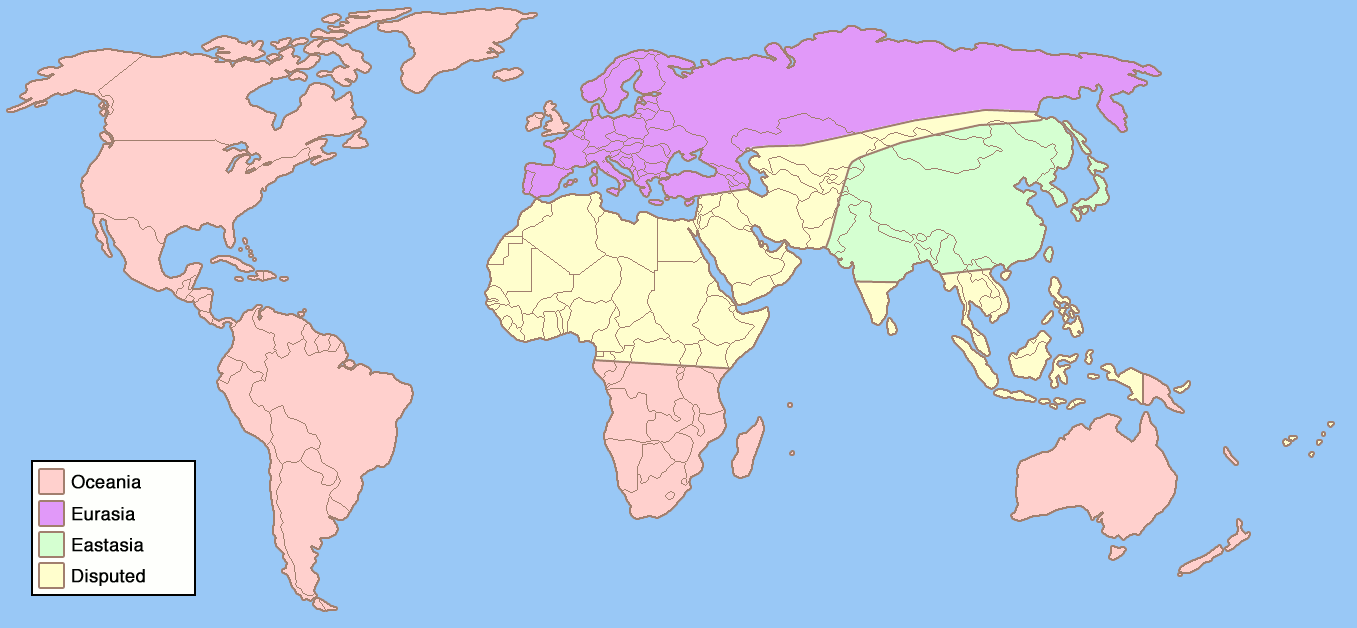 |
| The Preamble Source: Wikipedia |
First, speaking on the occasion (PDF), President Murmu noted that cost is the most significant barrier in making justice accessible to all. However, she went on to add,
Then, there are other barriers too. For example, language, which is beyond the comprehension of a majority of citizens. I feel reassured by the recent steps taken by the Supreme Court to make the verdicts available in various Indian languages. The live webcast of court proceedings too will go a long way in making citizens true stakeholders of the judicial system.
Second, Constitution Day saw the launch of what news reports called a "diglot" (i. e., bilingual) edition of the Constitution – in English and Manipuri. This edition is in the Meetei Mayek script; the previous edition (2019; PDF) was in the Bengali script. (Oddly, the Constitution has been translated into only a few of the 22 Official Languages of India! Evidently, law students from all other languages rely on these translations or on summaries in their own languages.)
Third, connecting to the President's call, Constitution Day saw the translations of an e-book, Illustrated Cases of the Supreme Court of India, into Bengali, Hindi, Malayalam, Marathi, and Urdu (all PDFs). The book, first published in English in 2018, aims "to democratize access to legal information. It attempts to ensure that the understanding of the landmark decisions are accessible to a broader audience, breaking down language barriers."
 |
| The Hindi translation Source: Manupatra |
The infographics in the book are colourful, uncluttered, and informative. All these under-200-page e-books are freely downloadable from Manupatra Academy. One hopes that this book will soon be available (at least!) in all of the country’s official languages.
Laudable initiatives like these are necessary in a multilingual democracy like ours. It should be added that they are useful not only for legal activists and NGOs. Such material is very useful in India’s education system too, where there are deep inequalities: some groups and regions get a good education; many do not. In secondary schools and colleges such high quality, accessible summaries can supplement translations of the original documents. The educational use of such material will facilitate critical engagement with complex arguments. But that is a theme for another post!
Meanwhile, the publication of such accessible summaries in multiple languages is a welcome development. As President Murmu noted, “The cause of justice is best served by making it accessible for all. This also strengthens equality.”
(This post also appears in the section "Faculty Perspectives" on the Azim Premji University website.)



